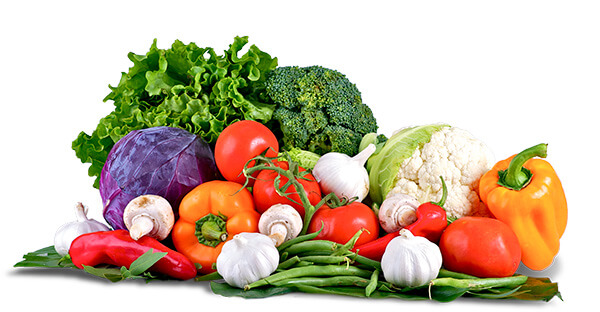What are B Vitamins Good for and What Do They Each Do? what are b vitamins We know B vitamins are important but many of us don’t know why. The eight B vitamins are B1, B2, B3, B5, B6, B7, B9, and B12. Each of these B vitamins is associated with ano
What are B Vitamins Good for and What Do They Each Do?
We know B vitamins are important but many of us don’t know why. The eight B vitamins are B1, B2, B3, B5, B6, B7, B9, and B12. Each of these B vitamins is associated with another name which may look familiar if you have spent any time looking over the nutritional facts on your favorite foods and snacks.
Many of us get these important vitamins in our daily diets; however, with complex diets and food restrictions, supplementation may be necessary to ensure you are receiving the proper level of these essential vitamins. Let’s analyze each B vitamin and describe its benefits and common food sources.
What are B Vitamins Good for?
| Vitamin | Benefits | Food Sources |
|---|---|---|
| Vitamin B1(Thiamine) | Helps convert carbohydrates and fat into energy; essential for normal growth and development. | Green peas, beef, liver, pinto beans, spinach, nuts, bananas, and enriched cereals. |
| Vitamin B2(Riboflavin) | Required for the metabolism of fats, carbs, and proteins. | Asparagus, okra, cottage cheese, milk, yogurt, eggs, and fish. |
| Vitamin B3(Niacin) | Used for energy metabolism in cells and DNA repair. Produces several stress-related hormones while removing toxins and chemicals from the body. | Chicken, tuna, milk, eggs, broccoli, tomatoes, carrots, asparagus, nuts, avocados, beans, mushrooms |
| Vitamin B5(Pantothenic Acid) | Required to sustain life and is critical in the metabolism of fats, carbs, and proteins. | Beans, eggs, meat, whole grain cereals. |
| Vitamin B6(Pyridoxine and Pyridoxamine) | helps the nervous and immune systems function properly; necessary for overall good health | Green beans, salad greens, wheat germ, and bananas. |
| Vitamin B7(Biotin or Vitamin H) | Used in cell growth; the production of fatty acid; metabolism of fat; plays a role in the Krebs Cycle in which energy is released from food; helps with the transfer of carbon dioxide; helps maintain a steady blood sugar level. | Beans, cauliflower, chocolate, eggs, fish, liver, oatmeal, bananas. |
| Vitamin B9(Folic acid) | Helps the body make healthy new cells; taken before and during pregnancy can help prevent major birth defects of the baby’s brain and spine | Leafy greens such as spinach, dried beans and peas, sunflower seeds, oranges, asparagus |
| Vitamin B12(Cobalamin) | Necessary for the synthesis of red blood cells, the maintenance of the nervous system, and the growth and development of children | Animal products such as meat, eggs, dairy products, nutritional yeast, and fortified cereals |
As you can see B vitamins are necessary for many important functions in the body. When a supplement is referred to as vitamin B complex, know that this means it has many or all of the B vitamins in its composition.


